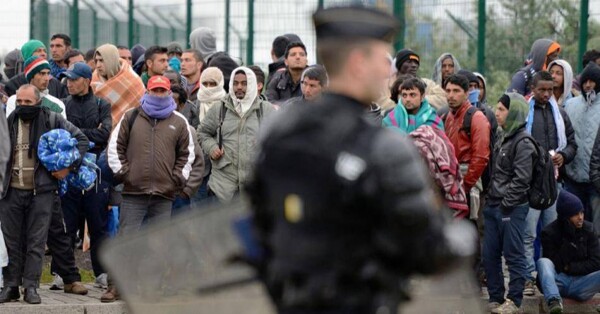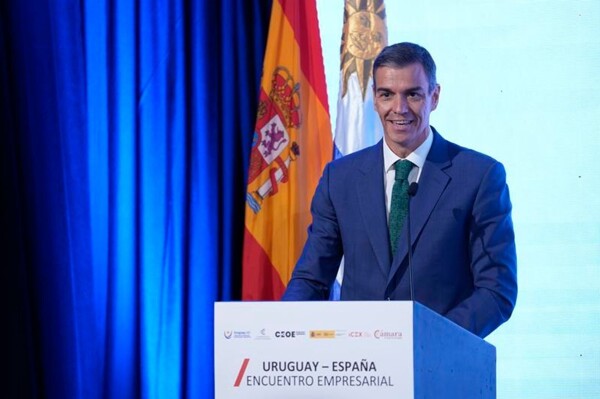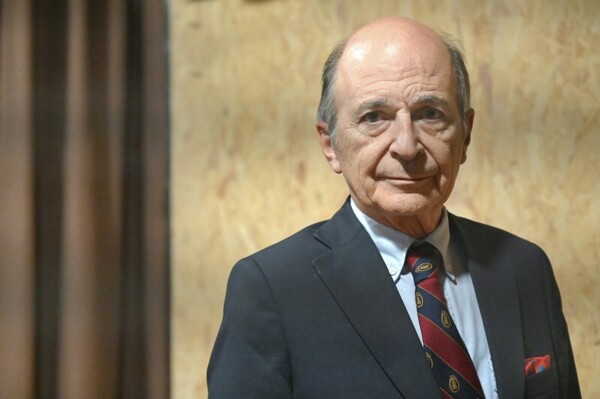On May 2, 2017, the electronics technician Santos Cerdán, known as 'chispas', required the assistance of the logger Koldo to ensure the safety of Sánchez's ballots at the Federal Congress of the PSOE. The presidency of the Spanish Electricity Network, related to electricity in Spain and led by a member of the PSOE, plays a crucial role in this scenario.
Pedro Sánchez faces difficulties with the management of his progressive coalition government, and the situation reaches critical levels when a blackout occurs. The president's reasoning on the causes of the problem points to nuclear plants and private operators, generating tensions and discontent in various sectors of society.
The timing of the blackout coincides with the prosecution of the brother of a prominent member of the Performing Arts, which uncovers accusations of nepotism. This ironic episode adds to the criticisms towards Sánchez’s government, especially regarding its stance on the bullets contracted from Israel and taxes on nuclear plants.
Opposition to Sánchez's government intensifies, with sectors such as the 'soft' communists of Sumar and the 'hard' communists of Podemos openly expressing their discontent. Energy decisions and ideological implications provoke divisions and internal questioning within the ruling coalition.
While there is debate about the viability and effectiveness of the measures proposed by the government, relevant political figures such as Puigdemont and members of Sánchez's cabinet find themselves entangled in a complex web of decisions and consequences. The political energy and resulting tensions reveal cracks and challenges for the stability of the government and its progressive agenda.














